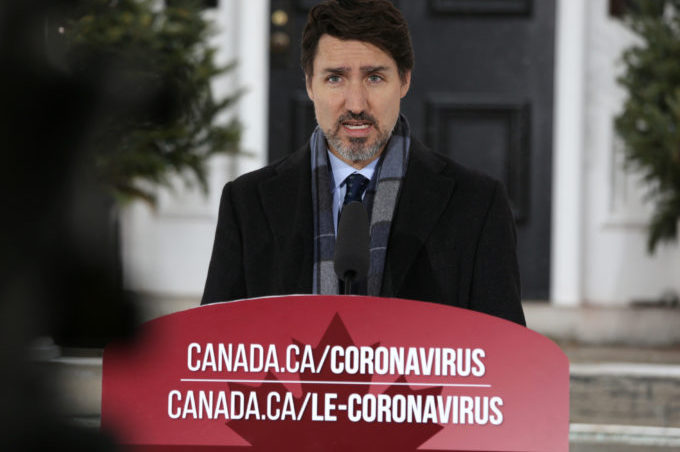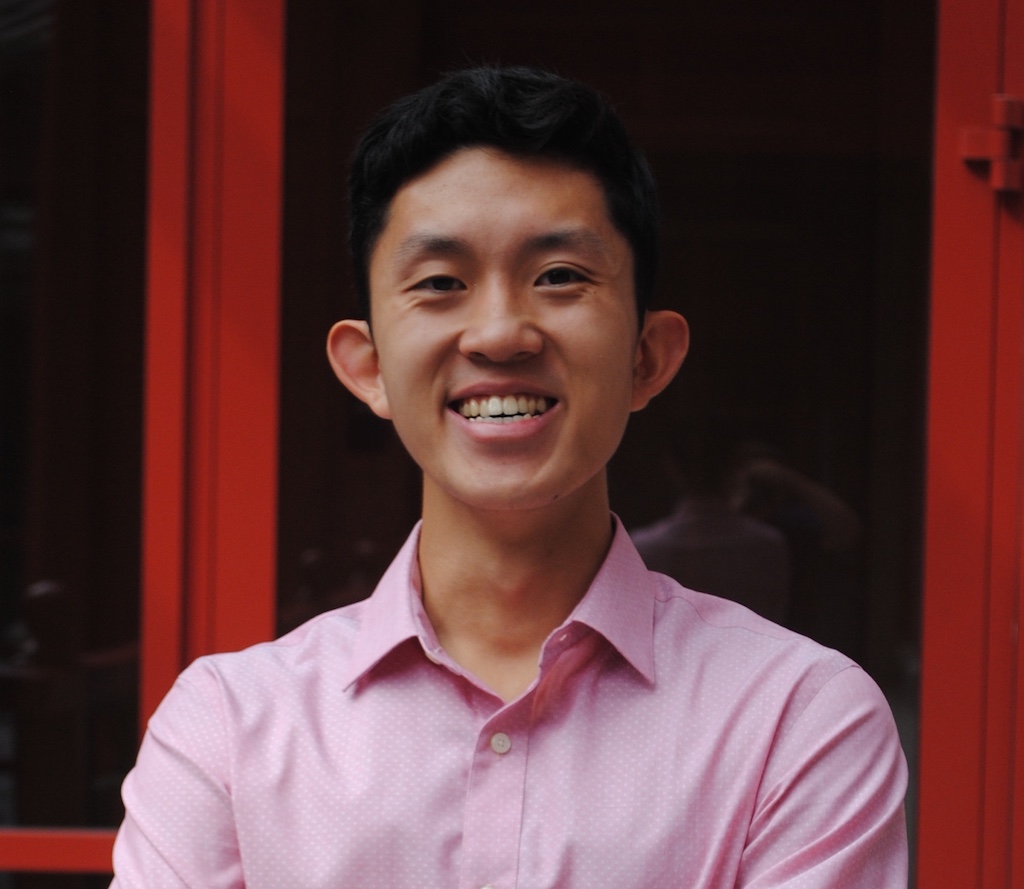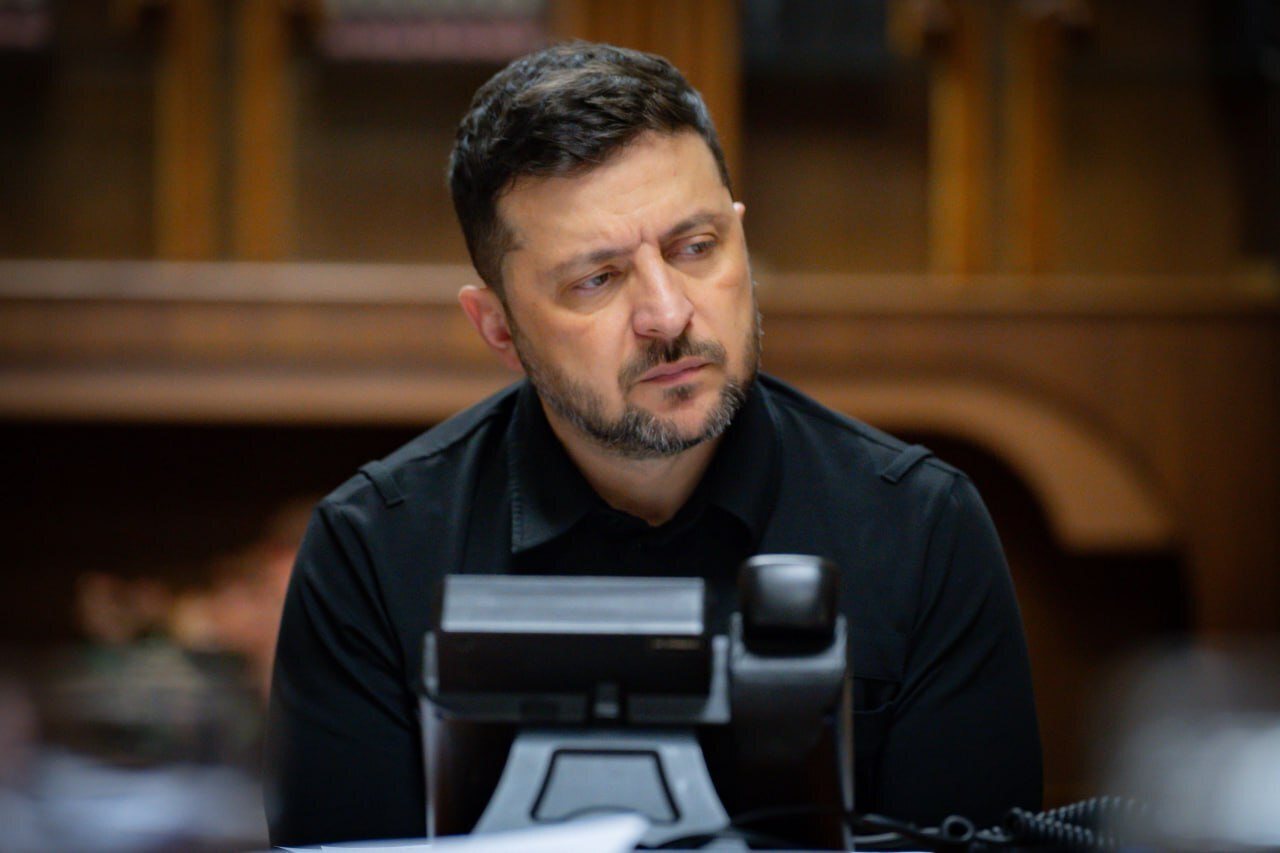Canadian Military Adjusts to Meet COVID-19 Threat
The Canadian military reassesses its overseas footprint in response to COVID-19, and the Liberal government comes under pressure to adjust its China policy.

Published by The Lawfare Institute
in Cooperation With

As of May 13, Canada has recorded a total of 71,486 cases of COVID-19 across the country, with 5,209 total coronavirus-linked deaths. Some parts of the country have remained relatively unscathed: The sparsely populated northern territories have reported few cases, for example, and several provinces have already begun loosening public health restrictions. Yet, in other parts of the country, the situation remains dire. Prime Minister Trudeau has expressed particular concern about the situation in the province of Québec: As of May 11, 3,013 people have died of COVID-19 in Québec, and Montréal remains an epicenter of the pandemic. The province of Ontario has also been hit hard, though the province has seen a “downward trend in the number of new cases reported each day.” Theresa Tam, Canada’s chief public health officer, has thus indicated that while there are encouraging signs of slowed spread within the country, Canadians “still need to be cautious in our optimism.”
The Canadian Armed Forces (CAF) have made a vital contribution to containing and responding to the coronavirus pandemic. CAF has provided medical support to civilian authorities in the provinces of Québec and Ontario since late April, deploying personnel to assist in the operation of long-term care facilities in both provinces. In all, the military has deployed more than 1,000 personnel and medical staff from around the country to Québec. Canada’s defense minister, Harjit Sajjan, indicated that the military has had to cut the number of medical staff at bases around the country to “bare bones” levels due to its deployment of available medical service members to Québec. CAF’s deployment in Ontario is lighter, with 250 soldiers working in “five seniors’ homes.”
The Canadian military has also had to reassess its overseas footprint in response to new domestic needs and the coronavirus. A CAF spokeswoman announced changes to some of Canada’s overseas operations: “[T]hese adjustments range from delaying the deployment of some capabilities, to amending the number of CAF personnel deployed, to modifying the length of deployments while the risks of COVID-19 present.” The Government of Canada has published these modifications online. Notably, Canada will no longer be deploying long range patrol aircraft and the frigate HMCS Calgary to “the Northeast Asia region” as a means to counter North Korea’s evasion of maritime sanctions. Canada has also repositioned most of its military personnel from Iraq, where Canadian troops have trained Iraqi troops and operated as part of the Global Coalition to defeat the Islamic State. The government notes, however, that Canadian Special Forces elements in Iraq are “remaining in theatre [and] are focused on force protection measures.”
Despite such adjustments, the Canadian military will continue to engage with allies and to carry out international responsibilities. With regard to certain operations, for example, the Canadian military has announced that there will be no changes or troop reductions. David Pugliese, writing for the Ottawa Citizen, has reported that CAF is still set to participate in the Rim of the Pacific Exercise (RIMPAC), which is a maritime exercise hosted by the U.S. Pacific Fleet. Canadian officials have not yet indicated how many personnel and assets the armed forces will dispatch to RIMPAC, although the U.S. Navy has indicated that it will be limiting the exercise to “just two weeks of at-sea-only events.”
Canadian troops stationed abroad continue to face sharp risks unrelated to the pandemic as they do their duty. On April 29, tragedy struck when a CAF helicopter crashed off the coast of Greece. The Cyclone helicopter was returning to the frigate HMCS Fredericton when it crashed in “full view” of the Fredericton’s crew members. Six military personnel—Capt. Kevin Hagen, Sub-Lt. Abbigail Cowbrough, Capt. Brenden Ian Macdonald, Master Cpl. Matthew Cousins, Sub-Lt. Matthew Pyke and Capt. Maxime Miron-Morin—died in the crash. The HMCS Fredericton is deployed on Operation Reassurance, which is Canada’s contribution to NATO assurance and deterrence measures in Central and Eastern Europe. The deaths of these six CAF members have brought home to the rest of the country the immense challenges that Canadian troops continue to face overseas.
COVID-19 Could Be Forcing Trudeau Into a Tougher China Policy
In past weeks, the Canadian government has taken a number of public measures to commend Taiwan for its performance during the coronavirus pandemic, and to signal displeasure at China’s conduct. Last week, the Canadian government formally backed an American-led effort to restore Taiwan’s observer status at the World Health Organization (WHO), a campaign presumably designed to cut against China’s influence at the WHO and to integrate Taiwan more fully into international organizations. Days later, Prime Minister Trudeau publicly thanked Taiwan for its generous donation of 500,000 medical masks; Trudeau’s public expression of thanks came after his foreign minister refused to “specifically name and thank Taiwan for its donation of 500,000” when pressed in Parliament. And this past weekend, the prime minister shared that the Canadian government would not pay for faulty N95 masks that Ottawa had imported from China.
Such actions would have seemed uncharacteristic of Trudeau in pre-coronavirus Canada: The prime minister has proved hesitant to criticize or anger Beijing. And even in the early months of the global pandemic, the Canadian government tried to carve out a constructive and cooperative relationship with Beijing, leading Chinese Foreign Minister Wang Yi at one point to publicly praise Canada “on behalf of the people of China.”
Yet the coronavirus pandemic has fueled a growing consensus that Ottawa must reform its China policy. Notably, in April, the Macdonald-Laurier Institute—an Ottawa-based think tank—released an open letter that criticized the Chinese Communist Party (CCP) and cast the coronavirus pandemic as China’s “Chernobyl moment.” A host of Canadian politicians, activists and academics signed the letter, which ended by calling for a “critical evaluation of the impact of CCP policies.” Moreover, a recent poll from the Angus Reid Institute indicates that a paltry 14 percent of Canadians have a positive opinion of China, while 85 percent of Canadians believe that the Chinese government has not “been transparent and honest about the COVID-19 situation in that country.” With Conservative politicians and the national media, among other groups, pushing for a new and tougher China strategy, the political costs of Prime Minister Trudeau’s current approach may be mounting.
Trudeau’s recent willingness to support Taiwan and criticize China has earned cautious praise from some pundits and politicians. Andrew Scheer, leader of the Conservative Opposition, immediately backed the Liberal government’s efforts to include Taiwan at the WHO. Brian Lilley, writing for the Conservative-leaning Toronto Sun, praised Trudeau’s decision to thank Taiwan for its mask donation, noting that Trudeau has tended to keep “silent on the issue of China.”
Calls for a new China policy have come from commentators of all political hues, not only Conservatives. In March, the centrist Globe and Mail ran a piece from its editorial board, entitled “Better Late Than Never,” which argued that the Trudeau government was finally “getting the right advice on China.” Martin Regg Cohn, writing for the left-of-center Toronto Star, argued in April that “Canada should not remain silent about China’s handling of COVID-19.” In a piece for The Tyee, a left-leaning publication, Andrew Nikiforuk similarly slammed China’s “fails, lies, and secrecy,” which had “ignited a pandemic explosion.”
Of course, COVID-19 is far from the only factor contributing to Trudeau’s shift toward a new China policy. For several years, Conservative politicians have pushed Trudeau’s Liberal government to reinterrogate its China policy. The Liberal Party’s narrow political mandate has forced Trudeau to take the Conservative position toward China more seriously. Trudeau won the 2019 general election with a minority mandate, and the Conservative Opposition has taken advantage of Trudeau’s fragile political position to angle for change in Canada’s approach to Beijing. In December 2019, other opposition parties joined the Conservatives to pass a motion calling for a special House of Commons committee to examine Canada-China relations; the committee presented its first report to the House in March.
Whether or not Trudeau’s recent actions are proof of a new and fresh China policy, or merely one-off reactions to public pressure, remains to be seen.





